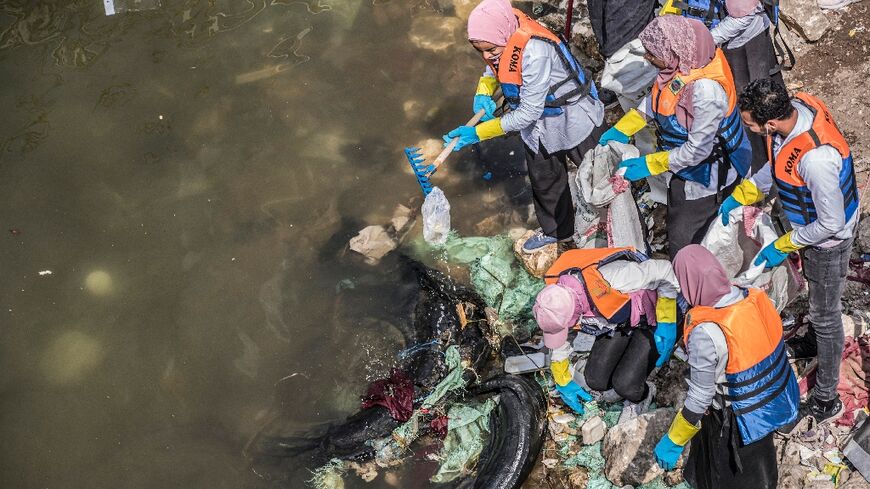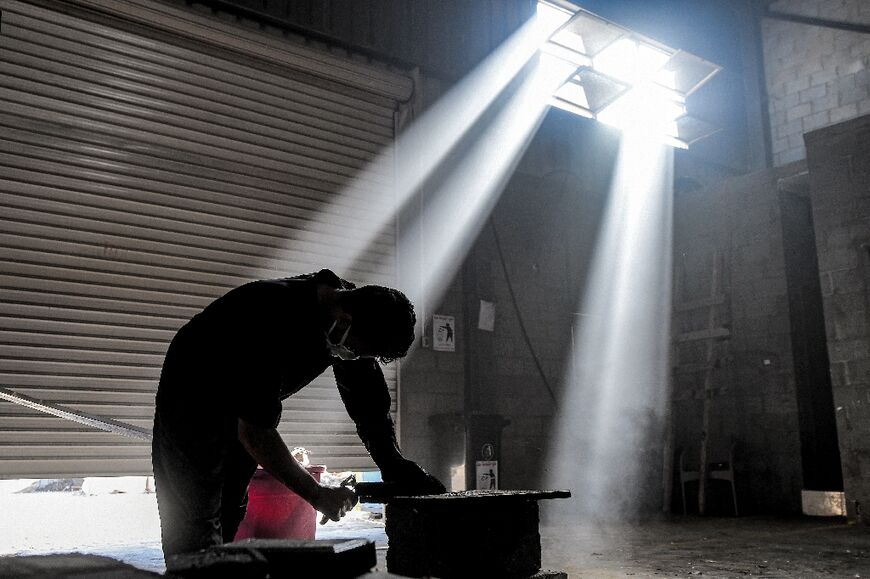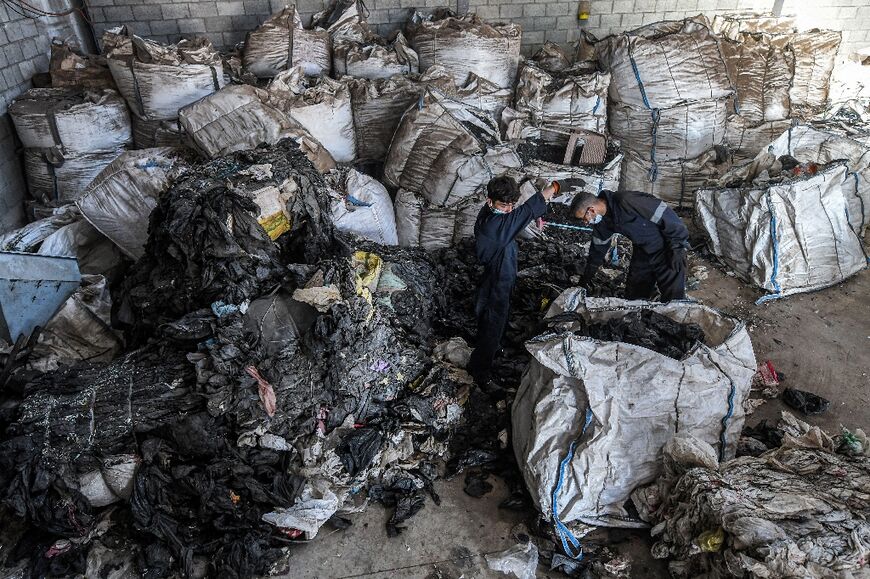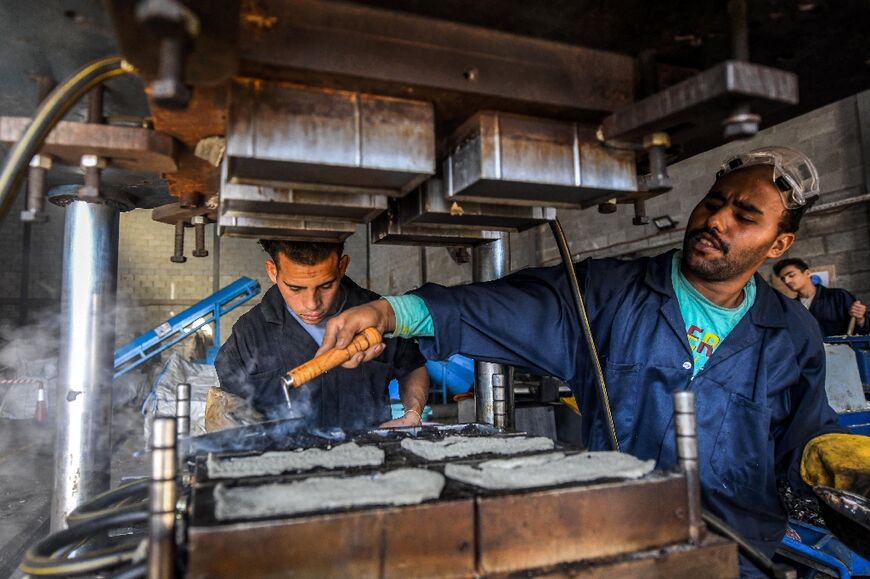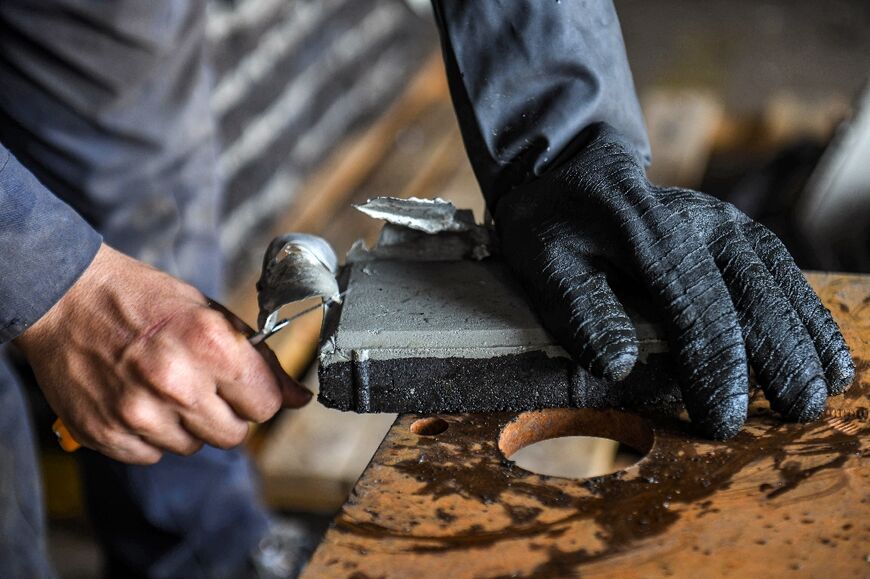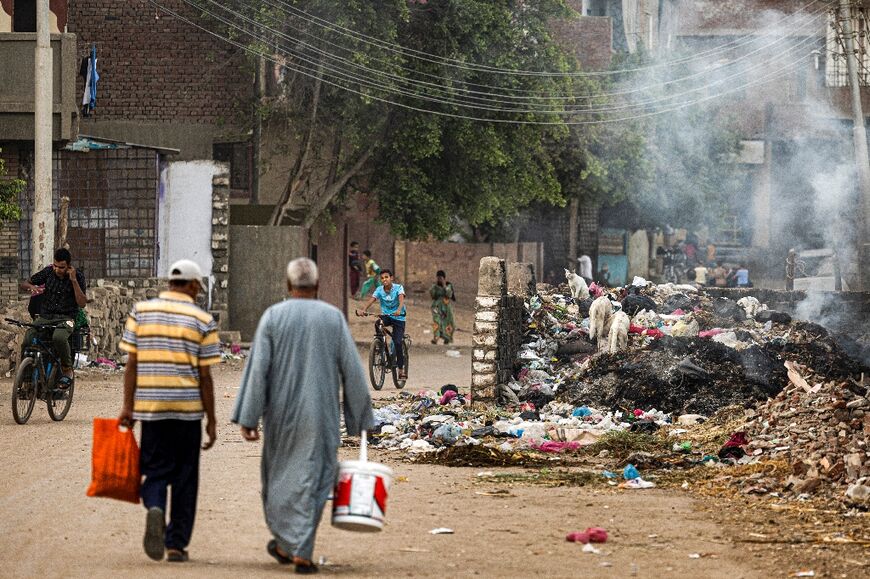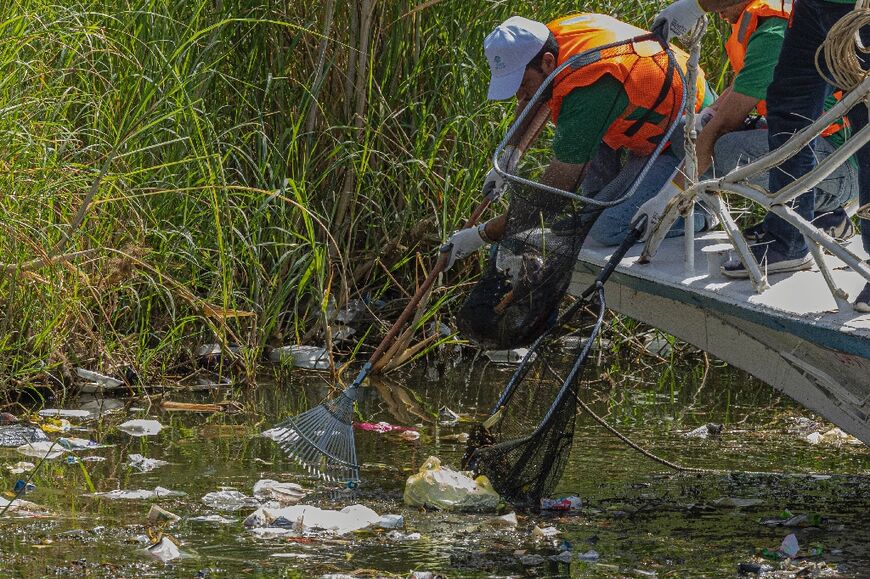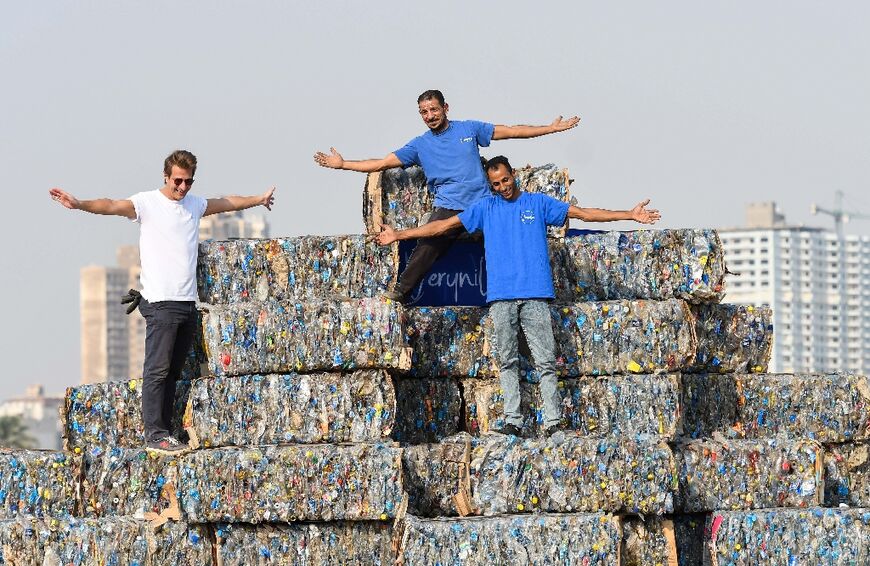JUST ( DON'T SAY) TRANSITION
'Tomorrow's hydrogen superpowers': Ottawa gives $9.74 million to Alberta sectorStory by Hamdi Issawi •
Canada’s government is funding Alberta’s hydrogen economy to the tune of $9.74 million in a bid to position the province as a global leader in the sector.

Federal cabinet ministers Randy Boissonnault. left, and Dan Vandal announce federal funding to support Alberta's hydrogen economy at the Alberta Motor Transport Association office at the Edmonton International Airport on Tuesday, Jan. 17, 2023.© Provided by Edmonton Journal
Ottawa announced the support Tuesday through Prairies Economic Development Canada (PrairiesCan), a federal department charged with diversifying economies in Alberta, Saskatchewan and Manitoba.
Dan Vandal, federal minister responsible for PrairiesCan and northern affairs, delivered the news from the Alberta Motor Transport Association (AMTA) office at the Edmonton International Airport.
“This investment will improve access to hydrogen fuels, support hydrogen product testing, attract investment to Alberta’s hydrogen industry and increase the availability of quality training opportunities related to the commercialization of hydrogen technologies,” Vandal said.
‘We need to move aggressively’
Just over $3.74 million of the sum will support two efforts by Edmonton Global, a not-for-profit corporation founded by members of the Edmonton Metropolitan Region to aid exports and attract investment, PrairiesCan said in a news release.
Related
Feds, Alberta government to fund more than $470 million in new blue hydrogen energy complex
Edmonton International Airport to become hydrogen hub for piloting new technology
The lion’s share of Global Edmonton’s envelope ($3 million) will fund foreign investment initiatives, including international events such as the 2023 Canadian Hydrogen Convention in April, PrairiesCan said, while the remainder will help the corporation develop the region’s hydrogen supply chain and labour market, including a database of small and medium-sized businesses capable of joining the supply chain.
Related video: What's holding back the hydrogen industry in Canada? (cbc.ca)
Duration 1:24 View on Watch
s

cbc.ca Despite renewable boom, Alberta’s energy grid far from green
2:17

cbc.caEdmonton Hydrogen bus project fuels hope for green energy economy
2:16

Global NewsAlberta premier again unhappy with federal government's sustainability legislation
1:55
Enzo Barichello, board chairman for Edmonton Global, said the region is in the midst of an international race as countries around the world vie to be “tomorrow’s hydrogen superpowers.”
“We cannot let this opportunity escape our region,” Barichello said. “We need to move aggressively to take advantage of this.”
AMTA and the University of Alberta will receive $3 million to improve access to hydrogen fuel and encourage uptake, PrairiesCan said, which includes the acquisition of hydrogen fuelling equipment to pilot buses and heavy equipment in Edmonton and Calgary.
AMTA president Willie Hammel said association staff and members are focused on shifting to a low carbon future, and the announcement represents a “big step” in that direction.
“The funding is going to speed up the adoption of hydrogen in the Alberta heavy vehicle sector, which is going to be a real game changer for us and for our environment,” he said.
Unlocking Alberta’s potential
Likewise, PrairiesCan said C-FER Technologies in Edmonton will receive $3 million to upgrade the organization’s test facility for hydrogen fuel infrastructure, equipment and technologies. A subsidiary of Crown corporation Alberta Innovates, C-FER Technologies describes itself as a not-for-profit organization that helps clients in the energy industry improve safety, efficiency and their effect on the environment.
Brian Wagg, director of corporate services for C-FER Technologies, said the funding will allow the organization to help small and medium enterprises — as well as service companies, manufacturers and regulators — improve hydrogen technologies and provide information to create new standards for transportation and storage of the product.
Edmonton Mayor Amarjeet Sohi recognized the funding as an opportunity for local economic growth and Alberta jobs while addressing climate change by promoting a low-carbon energy source.
“In order for us to unlock our potential, we need to create local demand here, and this announcement allows us to do so,” Sohi said at the news conference. “This allows us to work with the industry testing technologies,” such as buses and heavy-duty trucks.
The federal government’s hydrogen strategy aims to create 350,000 jobs in the sector by 2050, and estimate’s Canada’s share of the global hydrogen market at $50 billion per year with implementation of the plan.
“Together, government and industry partners can meet the challenge to create and to scale up Alberta’s hydrogen economy for the province and for Canada,” Vandal said.
@hamdiissawi






